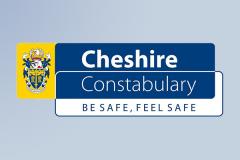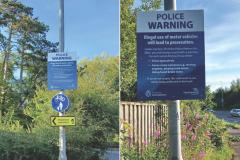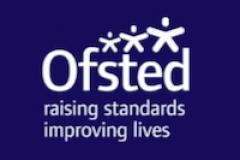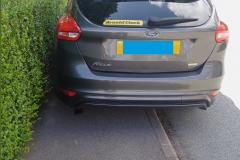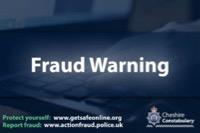
Cheshire Constabulary is supporting a new campaign that has been devised to help people make safe and secure payments online.
Launching on Thursday, 3rd January, the Safe Payments campaign focuses on how to avoid falling victim to online fraudsters when making financial transactions.
It is the brainchild of Get Safe Online, a public/private sector partnership that is supported by the Government and leading organisations in banking, retail, internet security and other sectors.
Tony Neate, Chief Executive of Get Safe Online, said: "These days you can pay for almost anything online – products, services, tickets, holidays... even your next car, van or motorcycle.
"You can donate to charity, buy a driving licence or passport or pay to download, stream, play or gamble online.
"It is fast and convenient, but there are also risks attached, with cybercriminals doing all they can to divert your money into their pockets.
"Our new Safe Payments campaign aims to thwart these cybercriminals by informing people how they can protect themselves and their finances."
Detective Sergeant Chris Maddocks, from Cheshire Constabulary's Cyber Crime Team, said: "Unfortunately there are a number of pitfalls when it comes to making payments online, with cybercriminals ready to take advantage of those who are not as vigilant as they could be.
"People need to be aware of ways to make sure that the online payments they make are safe and secure, to both protect their finances and to stop criminals in their tracks as they look to commit online fraud and cyber and cyber enabled crime.
"As such, we wholeheartedly support the new Safe Payments campaign and urge people to be vigilant and follow our partner organisation Get Safe Online's advice when paying for things online."
The new campaign offers the following tips to avoid falling victim to cybercriminals when making online payments:
- Do not pay for anything by transferring money directly to people or companies you do not know, however eager you are to buy.If it is a fraud, it is doubtful your bank or building society will be able to recover or refund your money, as fraudsters will make sure that it disappears very quickly.
- Make sure any websites you are making payments via are authentic by carefully checking the address is spelt correctly. Fraudsters can set up convincing websites with addresses that are almost the same as the authentic one, so always type in the one you know to be correct, rather than pasting or clicking on a link.
- Ensure that payment pages are secure, by checking that addresses begin with 'https' ('s' is for secure) and that there is a closed padlock in the address bar. Otherwise you may lose your money.
- When you have finished making an online payment, log out of your account. Simply closing the page may not do this automatically. If the payment page has opened another browser tab, make sure that you log out of both.
- Do not make online payments when using Wi-Fi hotspots, as these may be either not secure or fake and your transaction could be intercepted. Instead, use your data, a broadband dongle or VPN...or wait until you get home to your secure Wi-Fi.
- Accept any additional security measures offered by your bank, as these will help to keep payments and other transactions safe.
If you think you have been a victim of fraud, report it to at www.actionfraud.police.uk or by calling 0300 123 2040.
For more information about the campaign go online at www.getsafeonline.org/safepayments.
